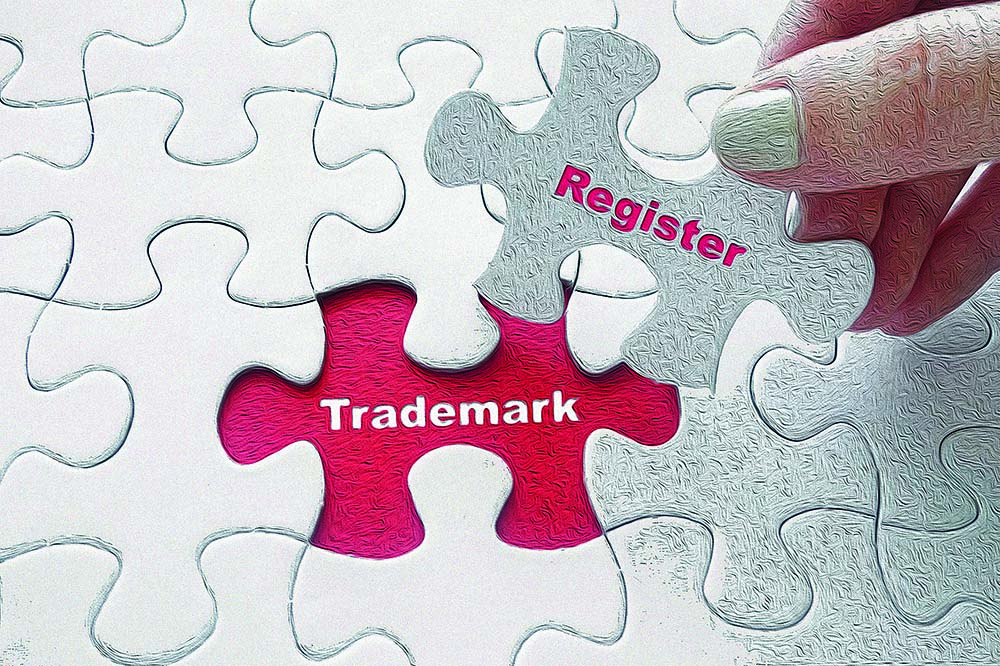
“What’s in a name? That which we call a rose by any other name would smell just as sweet.” William Shakespeare popularly said to convey that the naming of things is irrelevant. But names in today’s entrepreneurial world matter a lot. Trademarks, trade names or brand names have become a prized and essential asset for any business entity.
Trademark is an identity, through which consumers know the company/industry. ‘Apple’ for example, is a trademark. Consumers recognise Apple products from its competitors in the market because of its name and logo. Apple is a well-known trademark and enjoys ample monetary and other goodwill benefits because of its brand popularity.
Trademark acts as an identifier of goods and services in a competitive market. Conceptually, trademark is considered as a tool of communication with the consumer. In Nepal, the Patent, Design and Trademark Act, 1965 (2022 BS) defines trademark to include any word, symbol, or picture or a combination of these to be used by any firm, company or individual in its products or services to distinguish them from the product or services of others.
Nepali law mandatorily requires that a trademark be registered in order to garner protection. If you don’t register a trademark in Nepal, you could lose the rights to your own idea, investment, and all of the creative energy you have spent on it.
What can be a trademark?
Anything that helps in distinguishing the goods or services of your company from another qualifies as a trademark. Traditionally, a trademark can be any word, number, phrase, symbol, logo, or their combination, that can act as an identifier of a company’s products or services. In modern day, the scope of trademarks has been broadened and even non-conventional identifiers like sound, 3D marks, smell, and persona can be protected as a trademark. At present, Nepal only recognises word, symbol, or picture or their combinations as trademarks. However, a proposed legislation has incorporated provisions relating to non-conventional trademarks as well.Why registration of trademark is important?
In Nepal, trademark registration is mandatory for acquiring protection over any trademark. A trademark protects you against someone stealing your trademark or likeness or other kinds of infringement upon your business identifier in the market. Non-registration will restrict your rights over the trademark in case of infringement. This is the primary reason for opting for registration of trademark. Besides that, there are many advantages of registering a trademark. Trademark is an important identifier in any commercial setting as it helps distinguish your business from others and indicates the source of goods/services. It also aids as an economic tool for the business as it can attract potential partnership or cobranding deals. Trademarks can act as an effective communication tool between the producer and the consumer as trademarks can convey intellectual and emotional attributes, and messages about you, your business, reputation, products and services. Further, we as customers are very brand conscious nowadays and this is more of reason to invest in securing rights over your brand. Trademarks are the first thing that a customer notices about a product. Therefore, if advertisement tools are properly used it can create a healthy buzz and increase your visibility and market presence. In addition to being an identifier, trademark is also an asset that adds monetary and other values to your business. Like other assets, trademark can also be bought, sold, and licensed in order to expand your business. The more your brand reputation grows, the more valuable your business will be. It can therefore easily give way for expansion of business from one region to another or from one industry to another. If you are a startup, it can also attract big business houses to invest in your company. Trademark is a mirror of your business image in a competitive market. A good brand name in the market would also attract a competent workforce making hiring easier.How to register a trademark in Nepal?
Because a trademark registration can take a year to a year-and-a-half in Nepal, it’s important to start early. Before applying for a trademark, it is important to identify the related class of goods and services. It is also important that the applicant have corresponding industry objective of producing the intended goods or must have the required approval for providing intended services. After identifying the class, it is imperative to conduct a general internet search and specific search in the trademark office, i.e. the Department of Industry (DoI) situated in Tripureshwor, Kathmandu, to see if identical or similar brands already exist in the same class. If there are no similar trademarks in the system of the trademark office, you can initiate filing. Further, the Patan High Court has also recognised cross-class protection of very well-known trademarks, such as ‘Facebook’. After filing, the trademark will be examined twice. Firstly, related to formalities, and secondly, related to the registrability of the applied trademark. It takes almost six-eight months for the trademark office to examine the proposed trademark. Upon examination, if the trademark office finds that the trademark is registrable, they will publish it in the Industrial Property Bulletin for information to the public. If anyone has any objection to the published mark, they can file an opposition against the mark within 90 days from the date of the publication of the bulletin. If the applied trademark is not opposed within 90 days, it will mature into registration. A trademark once registered is valid for a period of seven years and can be renewed. The most important thing you can do if you have an original trademark idea is to get it registered. If you follow the saying of Shakespeare and neglect the name, you might be deterred from using your own creation. READ ALSO:
Published Date: March 30, 2022, 12:00 am
Post Comment
E-Magazine
RELATED Legal Eagle





